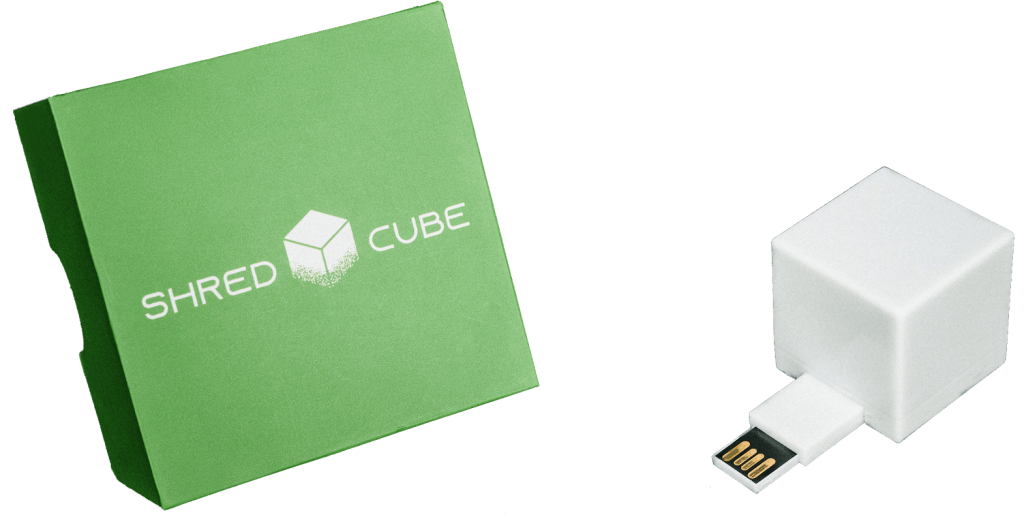More people and organizations are moving to cloud-based storage, with recent studies showing 81% of all enterprises use or plan to use a multi-cloud strategy. Individuals also use cloud storage, accessing, on average, 36 cloud-based services per day.
A recent worldwide study found that 70% of companies with stored data in the cloud have experienced a breach in the last year. India had the highest number, while the U.S. had one of the lowest. The low U.S. rate was due to its understanding that security is a shared responsibility, according to researchers, as organizations and users worked to establish best practices for mitigating risk.
Let’s take a closer look at how cloud-based storage solutions work.
What is Cloud-Based Storage?
Not that long ago, saving files meant storing them on a hard drive or network-connected storage device. Now, there are options. They can be saved locally, on network drives, or in the cloud. Cloud storage services are groups of remote servers that hold data that has been sent over the internet. A few things to keep in mind:
- These storage servers are designed for remote connectivity, which allows you to access files, photos, videos from anywhere, and on any device.
- Your information is stored on a server with other users’ data, and it may be shared on different servers to protect against data loss.
- For example, you have a project that needs to be completed tomorrow, but you’re having trouble concentrating. If the project is stored in the cloud, you can work on the file from any location that has an internet connection.
Most personal cloud storage services charge a fee for storing data in the cloud. Some companies offer plans with free storage or a multi-day free trial. In most instances, the amount of free storage is limited, and not all features of the paid plan are available.
Why Use Cloud-Based Storage?
There are several reasons for storing data in the cloud. Whether it is to improve productivity or decrease expenses, this can be an excellent choice for data storage.
- Cost
Purchasing physical data storage such as servers or external hard drives is expensive. That doesn’t include maintenance or replacement expenditures. Cloud storage eliminates the need for hardware.
- Access
Data can be accessed from anywhere from any device with an internet connection.
- Backup
Cloud storage acts as a backup service. Any data stored locally can be recovered if a hardware failure occurs.
- Security
Moving data to the cloud can add layers of security to minimize the risk of a possible breach.
With more individuals and organizations recognizing the benefits of moving to the cloud, it’s important to ensure that the service is secure.
4 of the Safest Cloud Storage Services
When looking at a cloud storage service, security should be at the top of the list. If hackers can breach online storage, all data is open to compromise. Think about what is stored in the cloud. Pieces of personal information may be spread over multiple files, but if put together they could lead to identity theft.

iDrive has been in the data backup and secure cloud storage sector since 2007. It offers end-to-end encryption, which means data is encrypted while in-transit and at rest. A few facts:
- Most providers use 256-bit encryption for sending and receiving information and 128-bit for storing it.
- Encryption keys may be shared or private. If private keys are used, not all iDrive features may be available.
- The company complies with privacy protection laws such as GDPR, HIPAA, and SOX.
These laws set standards for the storage of data for the European Union, medical data, and financial information. Violations may result in fines and other penalties. Automatic versioning is part of the base package so changes to files can be monitored.

This solution has a range of features, including cloud backup services. It offers free and paid plans, but key security features such as end-to-end encryption and file versioning are not included in free plans. The paid version is more costly than other solutions, but it may be one of the best.
- Although the company is based in Switzerland, data belonging to individuals or companies residing in the U.S. is stored locally.
- That means U.S. privacy protection laws apply. The solution is also GDPR compliant.
- pCloud uses a zero-knowledge design.
- The design ensures that the cloud service does not know what is contained in a user’s files or folders.
It also allows users to store both encrypted and unencrypted files, although storing unencrypted files negates the zero-knowledge architecture.

Everyone expects that a Google service would be highly secure, and Google drive does provide security features such as 256- and 128-bit encryption. A few key details:
- Data is stored in blocks.
- When a file is updated, the block of updated information is encrypted with a different 128-bit key.
- The old key is no longer available, making it harder for hackers to access.
- Google does scan all files as they are re-encrypted for cloud storage so its architecture is not zero-knowledge.
Google supports two-factor authentication which requires a second form of user identification such as a code or passphrase.

For those using Microsoft’s Windows 10 operating system, OneDrive is convenient. It integrates with Microsoft Office 365 programs such as Word and PowerPoint. There’s a free plan that offers 5GB of free storage.
- Although OneDrive has remained out of the news regarding security breaches, it is not immune.
- That’s why many experts suggest using third-party tools for security and privacy.
- For example, encrypting files before saving them to OneDrive reduces the chance of data being compromised.
Microsoft encrypts stored files locally and uses its cloud services to encrypt them in transit. Each file is encrypted separately, further restricting access to all data storage.
The solution you choose will likely depend on your needs, whether you are choosing it for personal or business use, your budget, and more. It’s important to do your homework before selecting a solution for your cloud storage needs.
The Security Features Cloud Storage Systems Need
Using secure cloud storage means finding the best cloud storage for your security needs and following best practices to safely store your data. When looking at cloud storage options, look for the following features:
- Multi-factor authentication
- At least 128-bit encryption for stored data
- 256-bit encryption for in-transit data
- SSL protocol implementation
- Zero-knowledge design
Beyond security features, providers should offer account management. Users should be able to delete old files and folders. More advanced features such as unlinking devices and setting secure file sharing controls may be crucial depending on operational needs.
Cloud-based data storage solutions charge according to the amount of stored data. That’s one reason to delete old and unused files and folders. But, there’s an even more critical reason to make sure data is removed. Data Breaches. Best practices dictate the removal of old and unused files to minimize operational confusion and reduce security vulnerabilities. Unfortunately, deleting data doesn’t mean it is gone. That’s why you should consider shredding files.
Permanently Remove Deleted Files
For added security in the physical world, you shred important papers to reduce the odds that someone can steal personal information. The same applies to the virtual world, and you can shred files so the data can no longer be recovered. Deleting does not mean permanent removal, but instead that the files are no longer located where they used to be. They still exist on your hard drive, and can be recovered by someone who knows how to undertake the process.
Instead of dragging files to the recycle bin, drag them to a designated shredder that will convert these items into countless tiny, irreparable pieces. Shredding files is no more difficult than deleting them. The only difference is that shredded files cannot be recovered. Contact Shred Cube today to speak with an expert about your file shredding needs.












